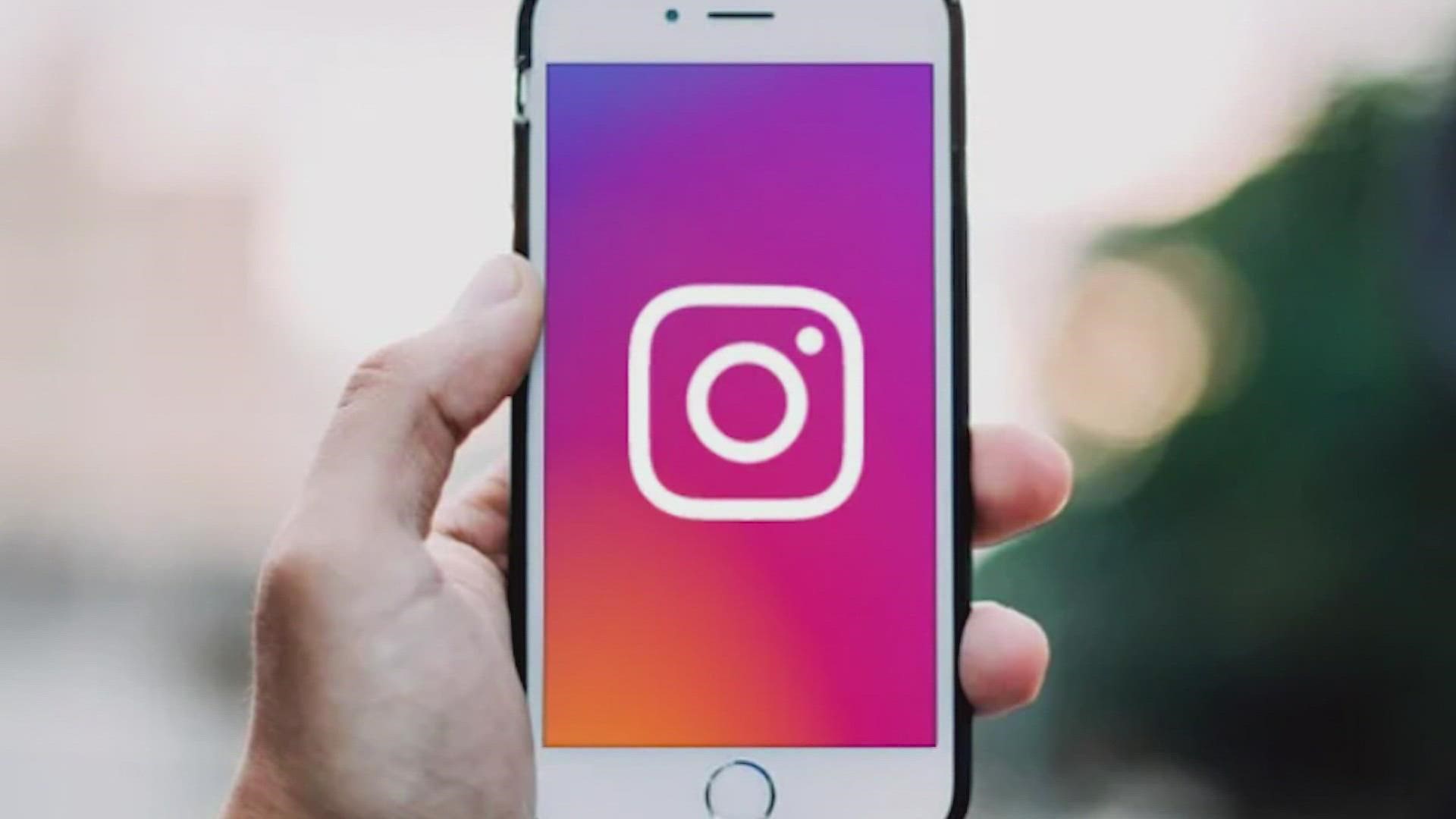SEATTLE — The head of Instagram announced Tuesday the platform would hold off on developing "Instagram Kids" in order to get more feedback from parents, experts, regulators and policymakers. Adam Mosseri discussed the decision in a post on Instagram's official blog.
"We started this project to address an important problem seen across our industry: kids are getting phones younger and younger, misrepresenting their age, and downloading apps that are meant for those 13 or older," Mosseri wrote.
Mosseri said "critics" of the new app will likely view the project pause as an "acknowledgment that the project is a bad idea." He said that’s not the case.
"The reality is that kids are already online, and we believe that developing age-appropriate experiences designed specifically for them is far better for parents than where we are today," said Mosseri.
The announcement follows a series of Wall Street Journal (WSJ) investigative stories which reported Facebook, the owner of Instagram, was aware the use of Instagram by some teenage girls led to mental health issues and anxiety.
Mosseri said he "does not agree" with how the WSJ reported on the company's research.
KING 5 spoke to a University of Washington psychology professor and a local teen to find out their perspective on potential mental health issues that come with using an app like Instagram.
Both said they were "not surprised" by what the WSJ reported.
"It heavily focuses on social comparison of your body, of your lifestyle," explained Dr. Lucía Magis-Weinberg, an assistant professor of psychology at UW.
Magis-Weinberg said younger platform users may not fully understand an app like Instagram showcases photoshopped and edited images and various filters.
"There should be encouragement for parents to have this conversation about simply how editing and unrealistic these profiles might be," said Magis-Weinberg. "How professional cameras are involved, how makeup artists are involved, professional lighting, all these issues."
Thirteen-year-old Holy Family student and social media user Kate D’Ambrosio said she is not surprised teens claim to have become depressed or anxious while using Instagram.
"I know people who have struggled with body image, depression and anxiety because of social media," said D'Ambrosio. "I think it’s very easy to develop any of those three things and others, like FOMO, fear of missing out, can cause a lot of negative emotions."
D'Ambrosio said she only uses TikTok and Snapchat at the moment but is unsure about signing up for Instagram for several reasons.
The number of likes on an Instagram post may also trigger negative emotions for someone, D'Ambrosio said.
Magis-Weinberg said a specific app or social media, in general, should not be blamed for mental health issues but that it can be considered a contributing factor.
"Social media is a small part of a young person’s life, mental health issues are complex. So, let’s not put all the burden," said Magis-Weinberg. "We definitely do not think the solution is to exclude young people from the online world. It’s such an important part of our experiences today. Let's just find positive ways to include young people safely in the online world."
Open conversations about mental health are needed within families and when it comes to social media use. Magis-Weinberg said parents need to be aware teens may have more than one profile on platforms that parents may not see.
"What you are [seeing] might not be the full story," said Magis-Weinberg.
The professor recommended taking an interest in your child's "online life."
"As a parent, you’re likely aware of their friends. You drop them off at parties and to shop, so you sort of interact with their offline lives, but you can do that for their online lives as well," explained Magis-Weinberg. "We encourage playing a video game together, learn a TikTok dance together, play with filters."
D'Ambrosio also agreed that talking to your parents, as well as friends, about issues or concerns on social media is important.

